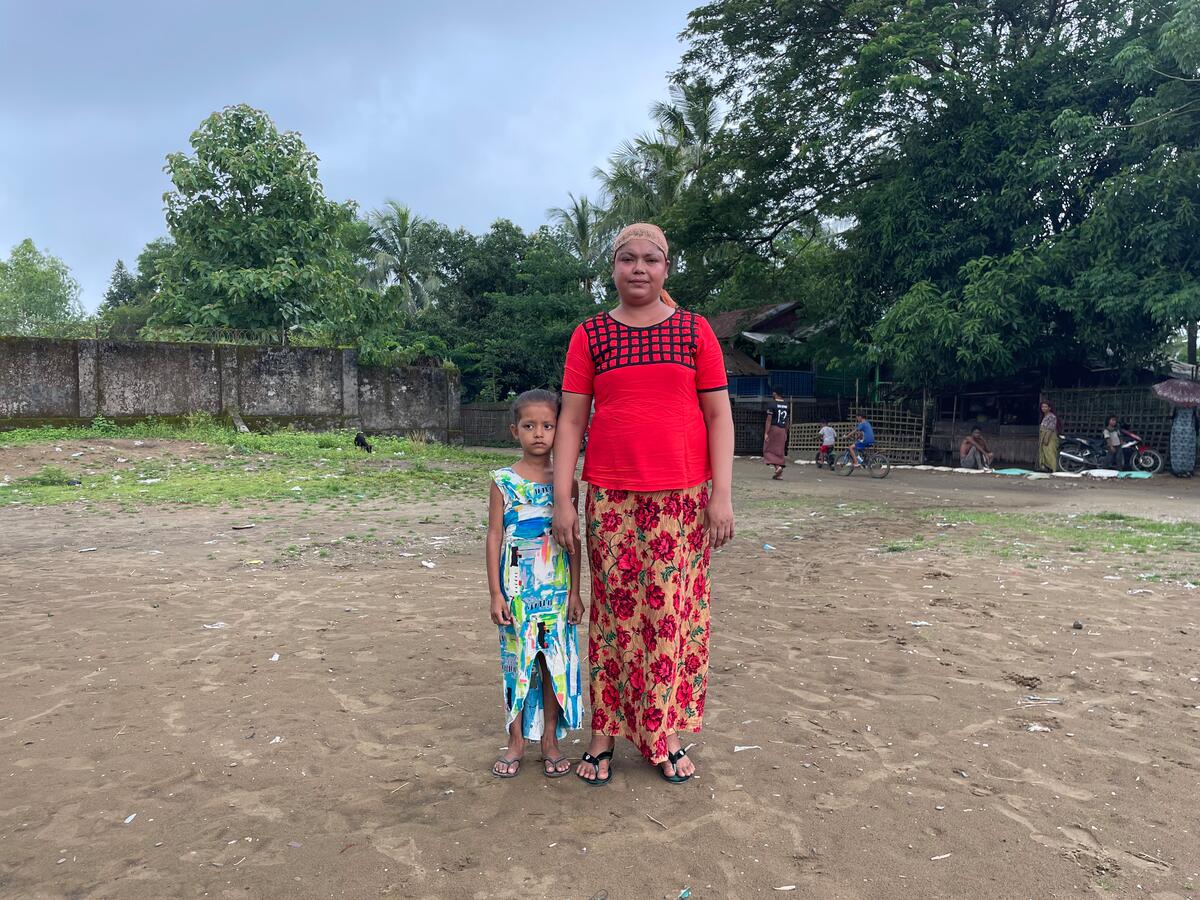UNHCR delivers aid to Iraqis fleeing Falluja
UNHCR delivers aid to Iraqis fleeing Falluja

BAGHDAD, Iraq, May 27 (UNHCR) – The UN Refugee Agency has begun delivering emergency relief aid to families who recently escaped the besieged Iraqi city of Falluja, where Government forces are battling ISIL militants for control.
Falluja, which lies around 60 kilometres west of the capital, Baghdad, was the first Iraqi city to be taken by ISIL in a January 2014 offensive. Since then, more than 3.2 million people have been displaced across Iraq.
More than 800 people have fled Falluja in recent days as Government forces continue their offensive. Some 50,000 civilians still remain trapped inside, prevented from escaping by militants as the city continues to come under heavy bombardment by Iraqi forces. In December, routes out of the city were cut off and civilians prevented from leaving.
"People are relying on expired rice and dried dates, and starvation-related deaths have been reported."
“Since then, food has been in short supply, people are relying on expired rice and dried dates, and several starvation-related deaths have been reported,” UNHCR spokeswoman Melissa Fleming told reporters at a news briefing in Geneva.
“Families have had to rely on unsafe water sources, including drainage water from irrigation canals. Health facilities and medications are not available in the area, leading some families to reportedly use herbal medicine for the purpose of treatment,” she added.
UNHCR and its partner, Muslim Aid, began distributing emergency relief items on Friday (May 27) to families who have escaped the city and are sheltering in a camp it has helped to set up in Amiriyat al-Falluja, in Anbar governorate.
The agency will also open two new camps next week in Habbaniyah Tourist City, that will able to accommodate 500 newly displaced families.
“The number of families who’ve escaped, however, is still very small, given the tens of thousands of people still trapped in Falluja,” Fleming said.
The city is one of two remaining strongholds held by ISIL, the other being Mosul, Iraq’s country’s second city.
For the past few weeks, there has been intensified fighting around Falluja and airstrikes by coalition forces as the Iraqi Security Forces advanced towards the city.
Families have told UNHCR and its protection partners harrowing tales of their escape, trekking for hours at night, moving across fields and hiding in disused irrigation pipes. Others have lost their lives trying to leave the city, including women and children.
“It is vital that safe routes are opened, allowing civilians access to safety and live-saving assistance.”
Inside Falluja, there have been reports of a dramatic increase in the number of executions of men and older boys for refusing to fight on behalf of ISIL. Other reports say a number of people attempting to leave have been executed or whipped, and one man’s leg was reportedly amputated.
In addition, many people are reported to have been killed or buried alive under the rubble of their homes in the course of ongoing military operations.
“It is vital that safe routes are opened, allowing civilians access to safety and live-saving assistance,” Fleming said.
UNHCR and its partners have already built extra shelters ready to assist newly displaced families and we will distribute emergency supplies to provide them with some essential daily items.










